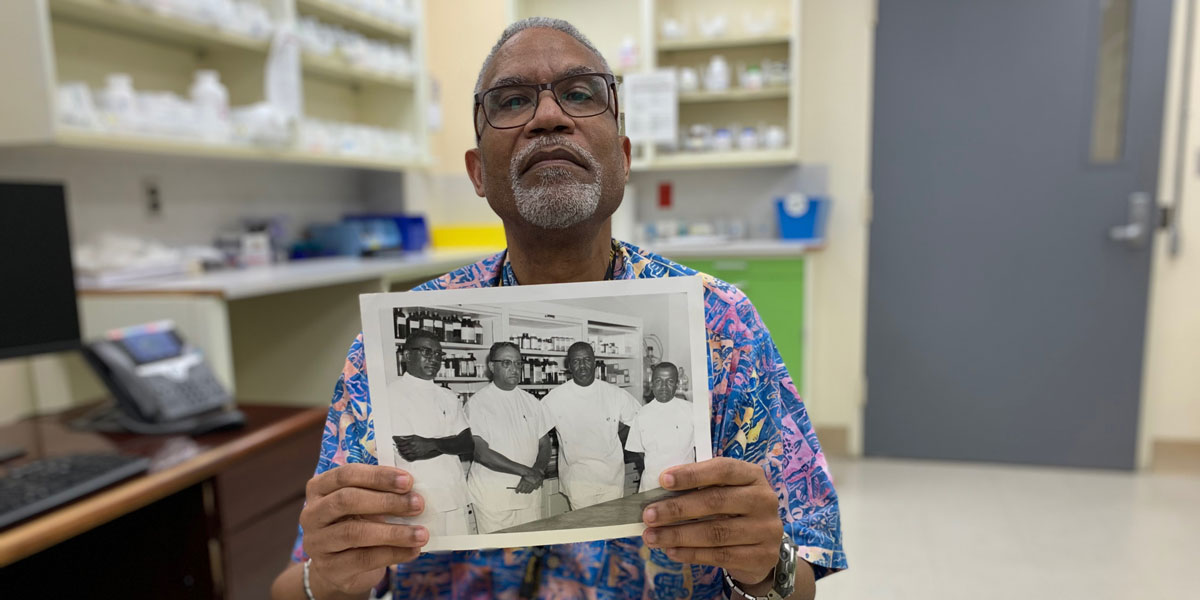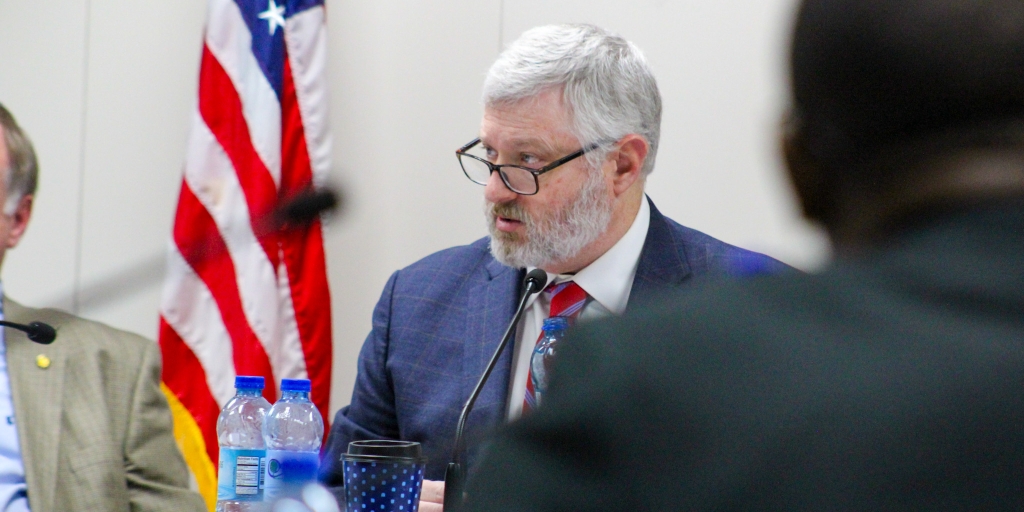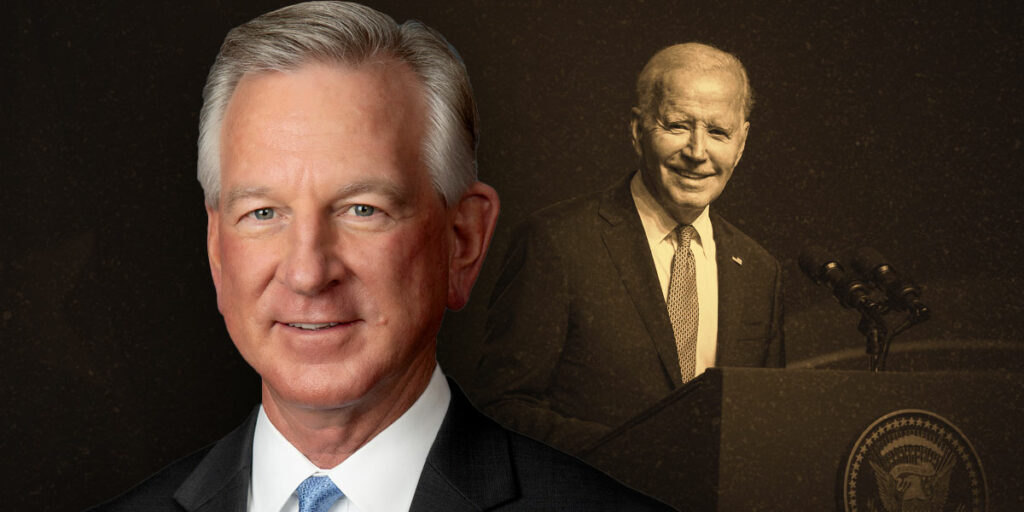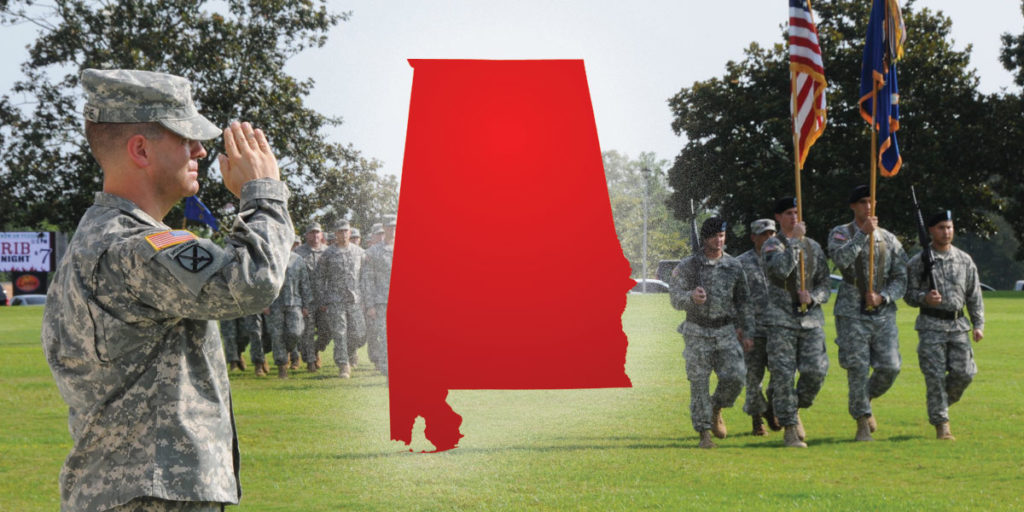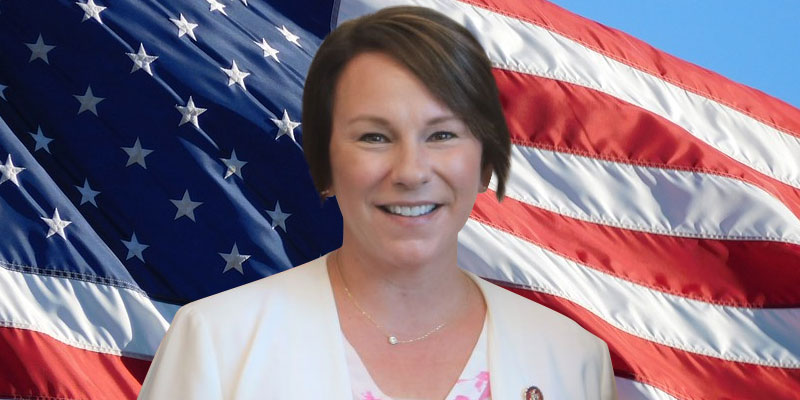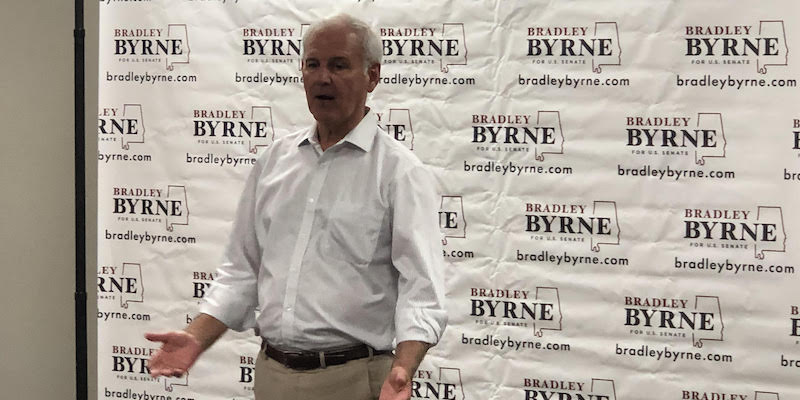As a young man growing up in Tuskegee, Phillip Lyman spent many days on the Tuskegee campus watching his father, Bennie Lyman Jr., take care of veterans.
Lyman’s father was an Army veteran who retired as a major in 1984. He recalls fond memories of his father in the tiny pharmacy with only four pharmacists and two technicians to care for the entire hospital.
“He loved serving. He loved serving veterans on Tuskegee,” said Lyman, a Central Alabama Veterans Health Care System pharmacist. “It was evident because he worked here for 42 years.”
The Tuskegee campus recently celebrated its 100th anniversary. It was built to care for over 300,000 Black Veterans in the South after World War I who did not receive the care they earned and deserved during segregation. The hospital opened with 600 beds and 250 patients; by 1973, it operated with 2,307 beds.
“It’s amazing to see this place surviving all of these years. I served when it was once a 700
hospital-bed facility,” Lyman said.
The hospital attracted Black professionals who wanted to be a place where they could get
professional jobs. It was not until President Harding directed officials to ensure that Black
doctors and nurses were recruited for the Tuskegee campus.
Lyman, born in 1958, remembers watching the Civil Rights movement and speaking with
Sammy Younge Jr., the first Black university student murdered in the U.S. due to his actions supporting the Civil Rights movement.
“Believe it or not, the night Sammy Younge was murdered downtown at the bus station here in Tuskegee, I actually talked to him that day via walkie-talkie when I was only nine years old,” Lyman said.
A 68-year-old white gas station attendant killed Young and was acquitted by an all-white jury. Lyman would see the Black community come together and protest in the name of justice. He describes the entire Tuskegee campus as a family always looking out for each other.
Volunteers from the staff would coach little league games right here on Vegetee Field. It was a very close-knit community. Lyman’s father was born and raised in Louisiana and would cook for his staff, and many employees would have dinner at his house.
“My dad loved to cook. He would tell his staff not to bring lunch because he would make a big pot of gumbo or red beans and rice,” Lyman said.
Lyman believes the mission to serve veterans was instilled by his father, chief of the pharmacy and his mother, who worked in the canteen.
“They made a lot of medicine here. They did a lot of compounding, like soap, for the patients to use,” Lyman said. “They couldn’t get it from anywhere else.”
Lyman says medicine shipped in packages didn’t occur until the late ’70s, so pharmacists had to produce the medicine at the VA. Watching his dad and other staff members make medicine caught his attention as a young man.
Lyman’s father was one of the first black presidents of the Alabama Society of Hospital
Pharmacists and mentored pharmacy residents from Auburn who came through the Tuskegee campus.
“My favorite thing about taking care of veterans is the satisfaction on their faces when they
receive medicine timely,” Lyman said. “I hope that this place sticks around for another 100
years.”
Tramel Garrett is an Army pubic affairs specialist.




